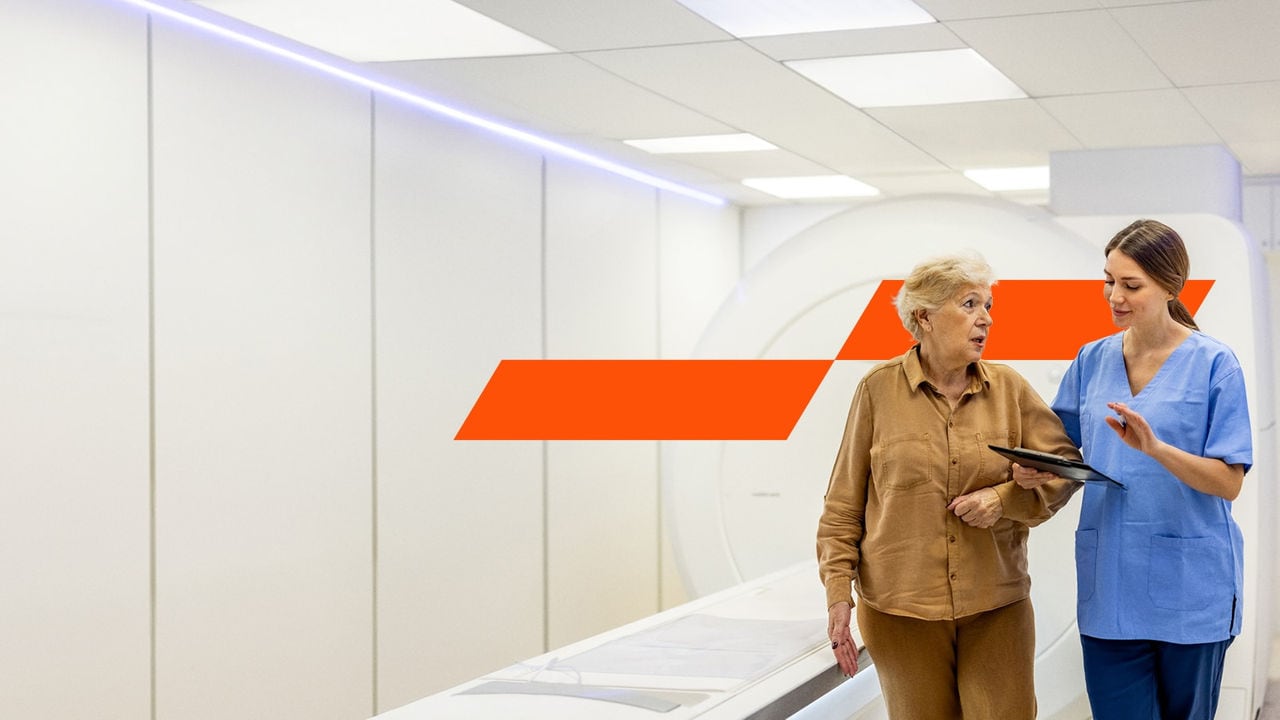Tech-led solutions so you can deliver better health outcomes
Health services

The healthcare landscape is evolving at unprecedented speed. New priorities are emerging that are reshaping the industry. Workforce challenges. Health equity barriers. Rising care costs. At the same time, digitisation is transforming patient care and experience. Technology is enabling more personalised, predictive and preventative healthcare when patients need it most.
Healthcare is evolving into a dynamic ecosystem. The future offers rich possibilities to drive better outcomes for all. Your success in this reimagined environment depends on collaborative, cross-functional approaches that balance innovation with human-centred care—and on how you reconfigure your organisation for this future.

How we can help
We see beyond today’s healthcare challenges. We see tomorrow’s solutions. Where others spot obstacles, we reveal opportunities. Your complex problems need bold approaches.
We combine specialised expertise—in healthcare, finance, organisational transformation and technology—with innovative tools to tackle your specific challenges. From workforce shortages and operational inefficiencies to cost pressures and patient data, we work alongside you to create strategic advantages.
- Build smarter systems
- Solve workforce challenges
- Achieve data-driven outcomes
- Rethink risk
Build smarter systems
The era of hospital-centric care is fading. Health systems must expand their focus—integrating primary care, home health, consumer tech and digital platforms. We help you accelerate transformation with innovative strategies and leading technology so you can anticipate future patient needs.
Solve workforce challenges
Addressing workforce shortages demands a new approach. The future depends on attracting talent into a more agile, tech-enabled workplace. We help you design new staffing models, retain your best people and build productivity systems.
Achieve data-driven outcomes
Data is the foundation of the connected health ecosystem. Digital tools, AI, data-sharing and tech-led partnerships are revolutionising healthcare delivery. We help you harness technology to enhance outcomes and power your sustainable operations.
Rethink risk
As healthcare evolves, so do your risks. Organisations must anticipate and manage threats related to technology, regulation and operational security. Our professionals help you stay ahead by strengthening compliance, building resilience and creating protection where vulnerabilities exist.
Explore the domains of growth
Industries are reshaping around fundamental human needs, creating value through collaboration across interconnected domains that now replace traditional value chains. Explore the domains relevant to your sector.
Contact us














